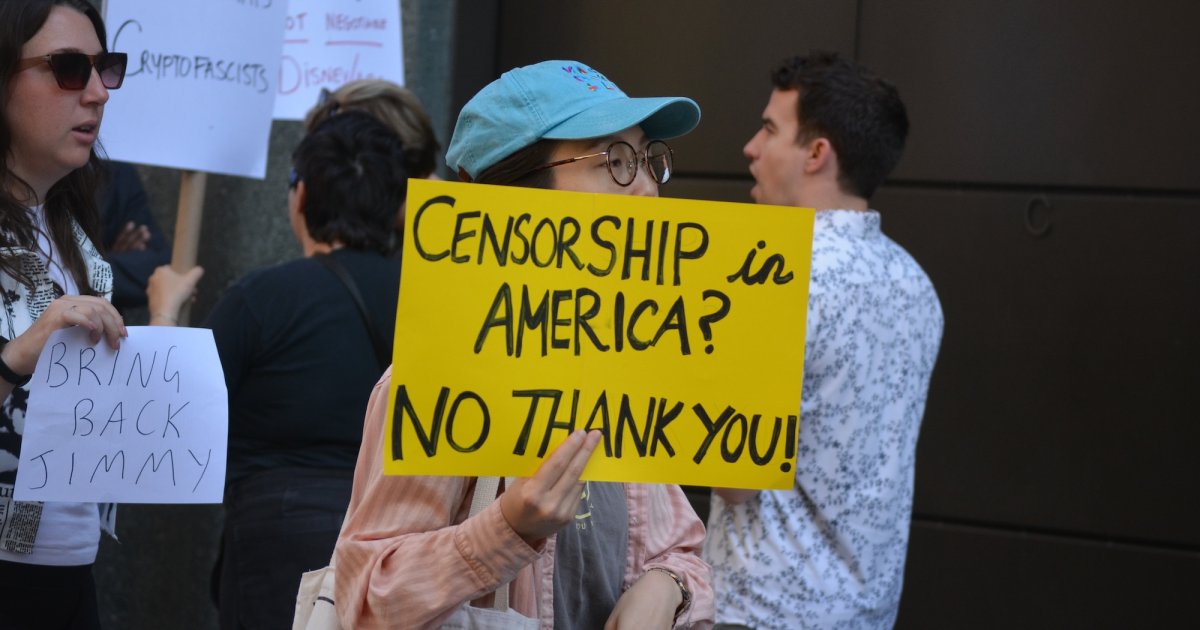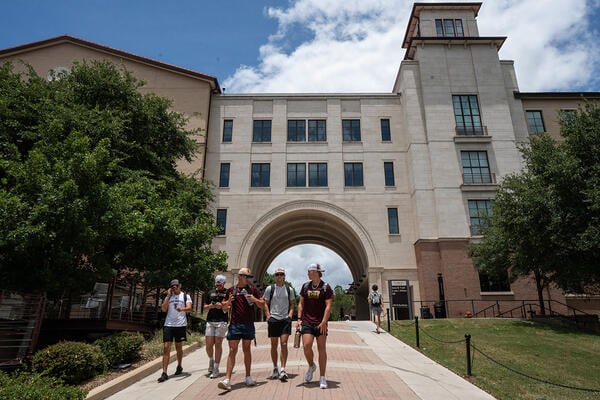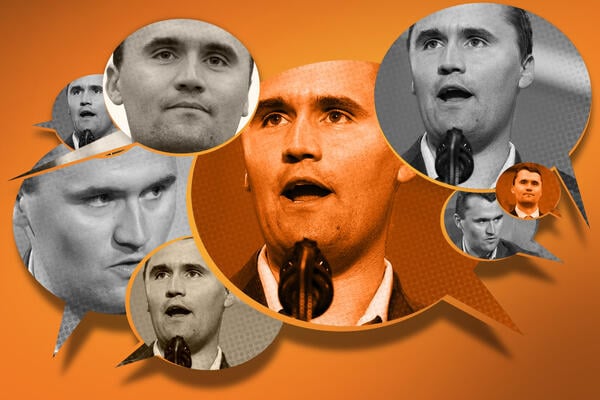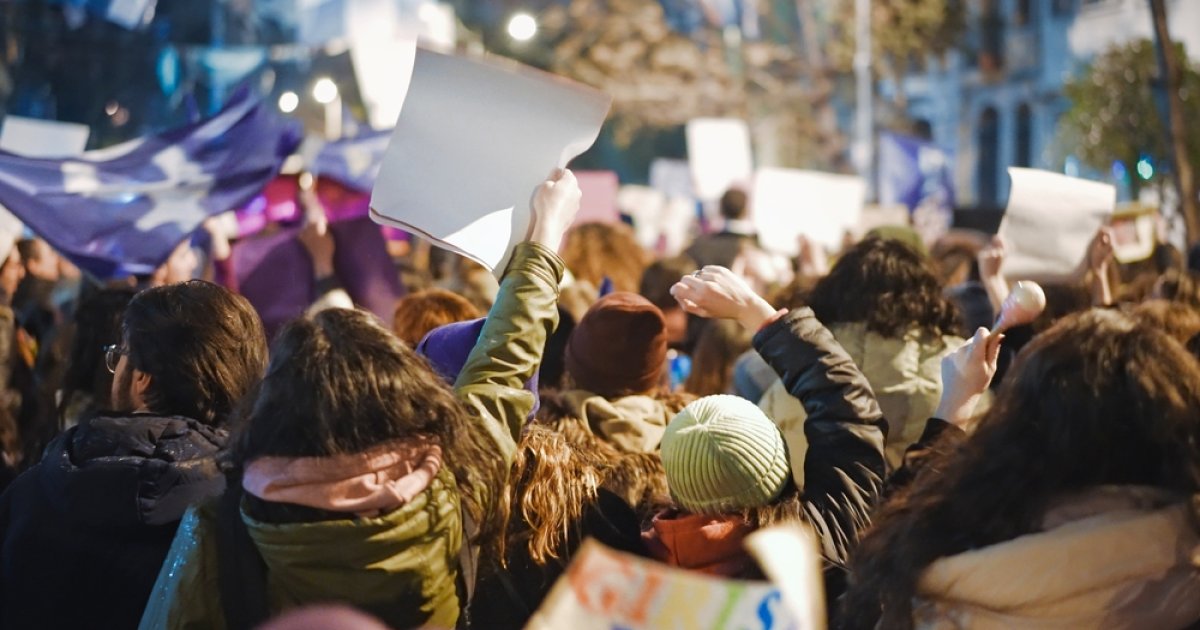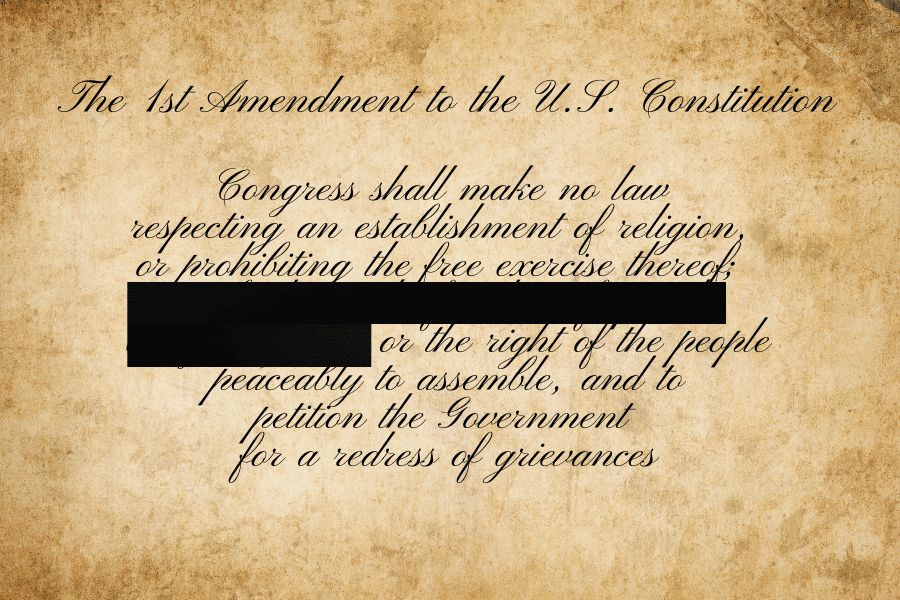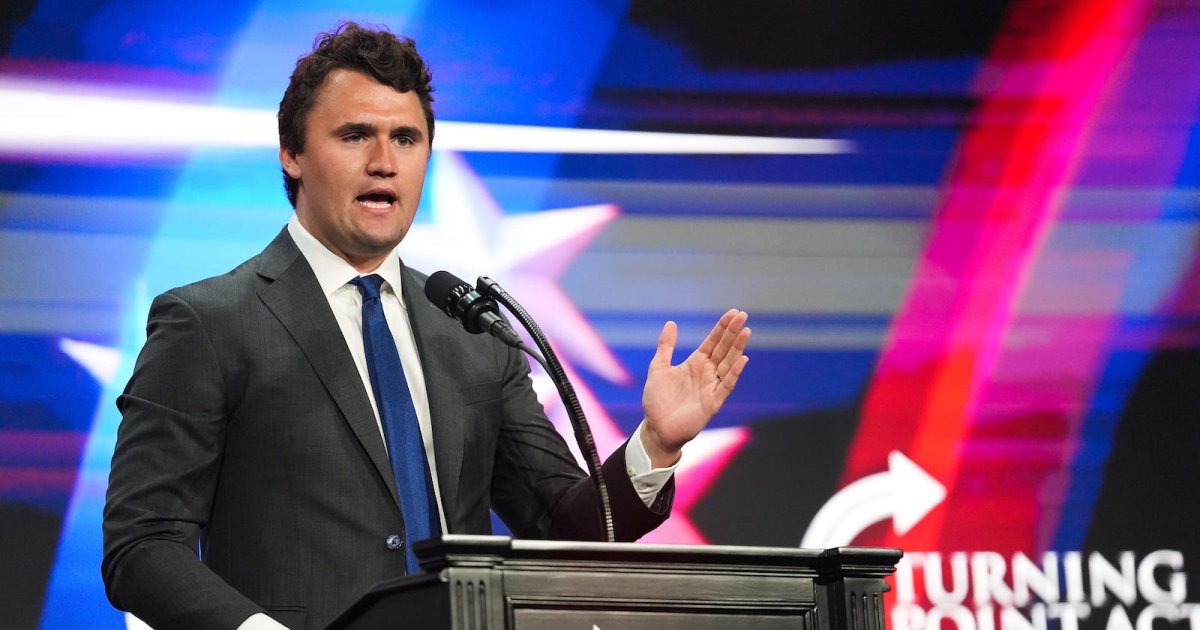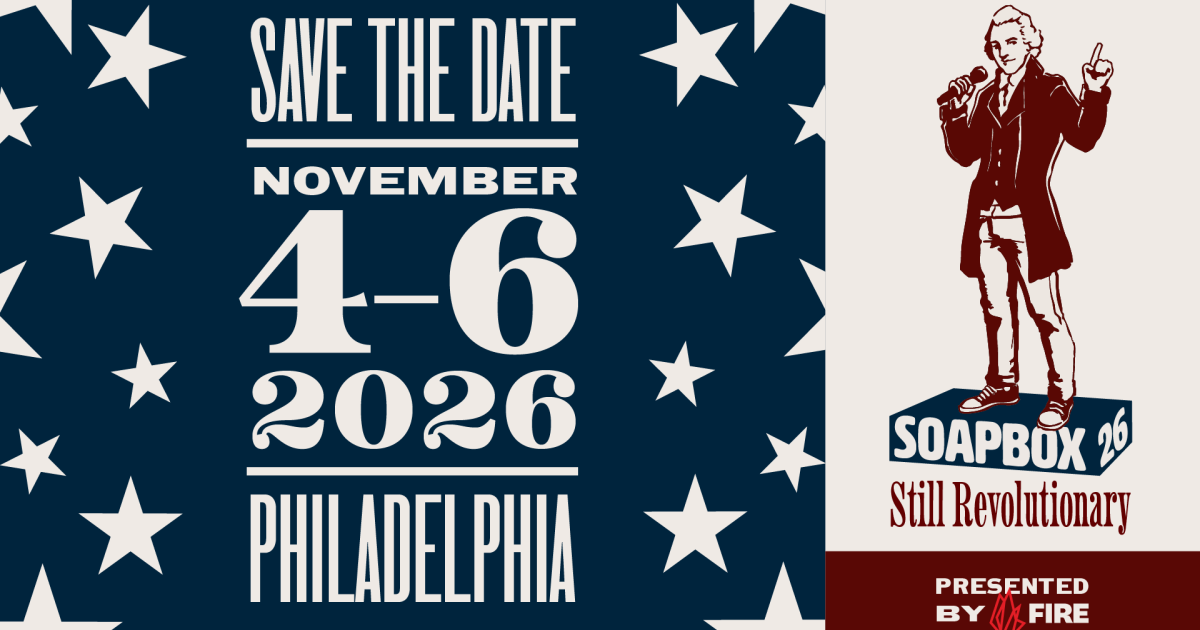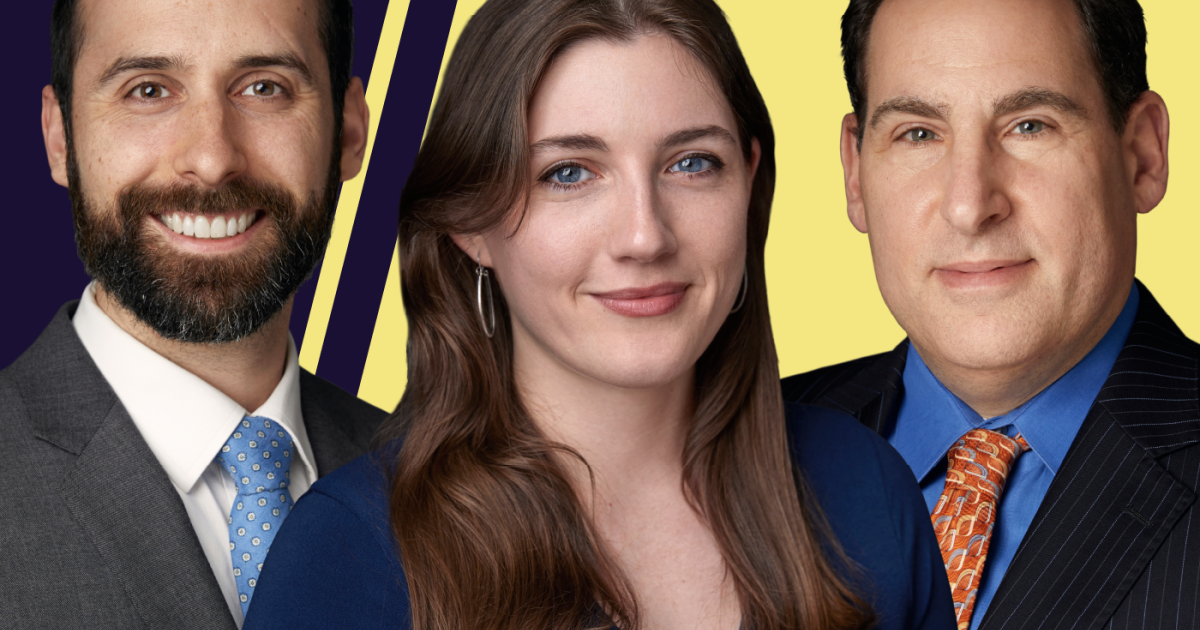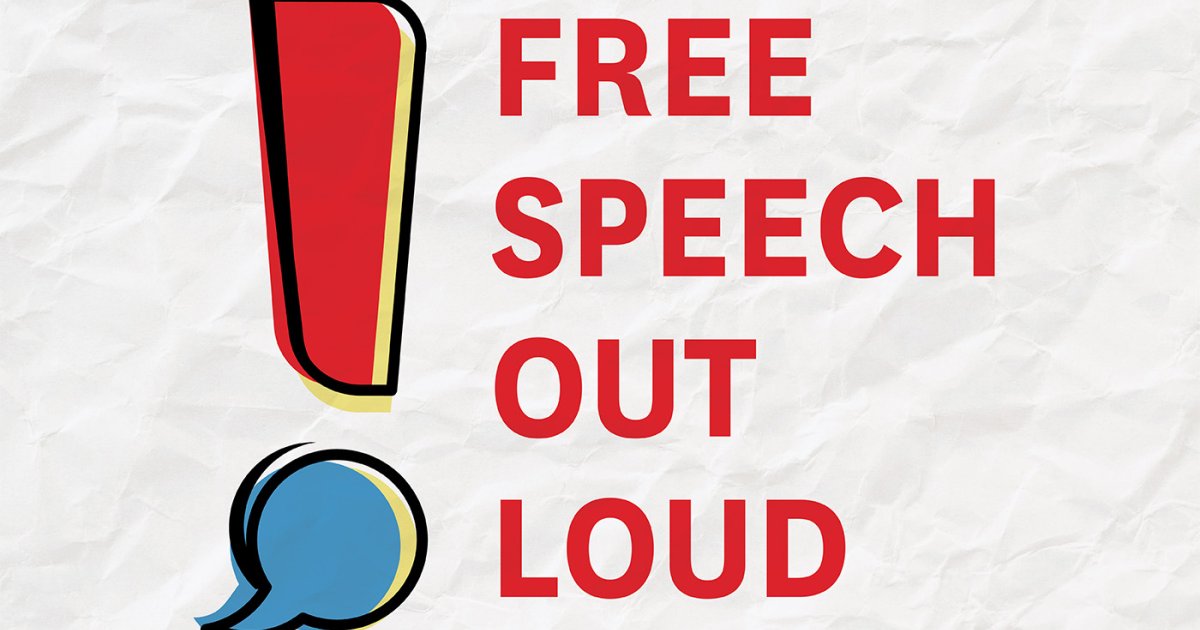This article originally appeared in USA Today on Sept. 21, 2025.
If you’re a believer in free speech, the past two weeks have been one of the longest years of your life. In fact, this might have been the worst fortnight for free expression in recent memory.
It started Sept. 9, when the Foundation for Individual Rights and Expression (FIRE), where I work, released its sixth annual College Free Speech Rankings. The rankings revealed that a record 1 out of 3 students is open to the idea of using violence to stop campus speech.
This sentiment was then frighteningly made flesh the next day, when conservative commentator Charlie Kirk was assassinated at Utah Valley University.
The fact that Kirk was killed while engaging in open debate on a college campus is a cruel irony. If the first person to hurl an insult rather than a spear birthed civilization, then anyone resorting to violence in response to speech is attempting to abort it.
The free speech principles that are foundational to our democracy have been a candle in the dark – not just here at home, but across a world in the grip of a terrifying resurgence of authoritarianism.
The difference between words and violence – and the civilizational importance of free speech – couldn’t have been more stark in that moment. No matter how hurtful, hateful or wrong, there is no comparing words to a bullet.
To preserve that distinction, we must have the highest possible tolerance for even the ugliest speech. But that notion has landed on largely deaf ears, because what followed was a cacophony of cancellations.
Charlie Kirk was a free speech advocate. His death led to stifled speech.
Scores of college professors, for example, have either been investigated, suspended or fired for comments they made regarding Kirk’s assassination. Even wildlife conservationists, comic book writers, retail workers and restaurant employees have been targeted for their speech.
There are many more, and Vice President JD Vance, while stepping in to guest-host “The Charlie Kirk Show,” endorsed these efforts.
In some cases, the targeted speech was a criticism of Kirk and his views. In others, it was a celebration of his fate. In all cases, however, it has been First Amendment-protected speech – and far from violence.
The government pressure didn’t end there, either. Secretary of Agriculture Brooke Rollins called for “a legal and rational crackdown on the forces that are desperately trying to annihilate our nation.”
Carr’s threats to ABC are jawboning any way you slice it
ABC suspended Jimmy Kimmel hours after FCC Chair Brendan Carr suggested they could face consequences for remarks Kimmel made in the aftermath of Charlie Kirk’s murder.
On Sept. 15, U.S. Attorney General Pam Bondi went on “The Katie Miller Podcast” and threatened, “There’s free speech, and then there’s hate speech. . . . We will absolutely target you, go after you, if you are targeting anyone with hate speech.”
Given that there is no First Amendment exception or legal definition for “hate speech,” this can mean just about anything Bondi and President Donald Trump‘s administration consider “hateful.” Bondi walked back her comments after public outcry, notably from conservatives.
The president, however, ran with it, threatening an ABC News reporter for having covered him “unfairly.” “You have a lot of hate in your heart,” Trump said Sept. 16. “Your company paid me $16 million for a form of hate speech. So maybe they’ll have to go after you.”
Then Federal Communications Commission Chairman Brendan Carr publicly threatened action against host Jimmy Kimmel and ABC for “really sick” comments Kimmel made during his opening monologue. “We can do this the easy way or the hard way,” Carr said.
Hours later, ABC suspended Kimmel’s show indefinitely, prompting celebration from Trump, Carr and others – and driving us from a free speech nightmare into a full-on hellscape.
Social discourse needs a reset in America
This is unsustainable.
In the past two weeks alone, the state of free speech in our country has been battered almost beyond recognition.
For years now, we have had a cultural climate where growing numbers of people are so intolerant of opposing viewpoints that they will resort to violence, threats and cancellation against their adversaries. Now we’re seeing the Trump administration flagrantly abusing its power and authority to punish criticism and enforce ideological conformity.
Yes, plenty of previous administrations have violated the First Amendment. But rather than repudiating those violations, the Trump administration’s actions over the past week have dramatically escalated how openly and aggressively that constitutional line is crossed.
The core American belief that power is achieved through persuasion and the ballot box, and that bad ideas are beaten by better ones – not by bullets or bullying – is in serious danger.
As former federal Judge Learned Hand once put it: “Liberty lies in the hearts of men and women; when it dies there, no constitution, no law, no court can even do much to help it.”
That’s what’s at stake here: The free speech principles that are foundational to our democracy have been a candle in the dark – not just here at home, but across a world in the grip of a terrifying resurgence of authoritarianism.
The ultimate tragedy would be if we extinguished them in our own hearts and by our own hands.

